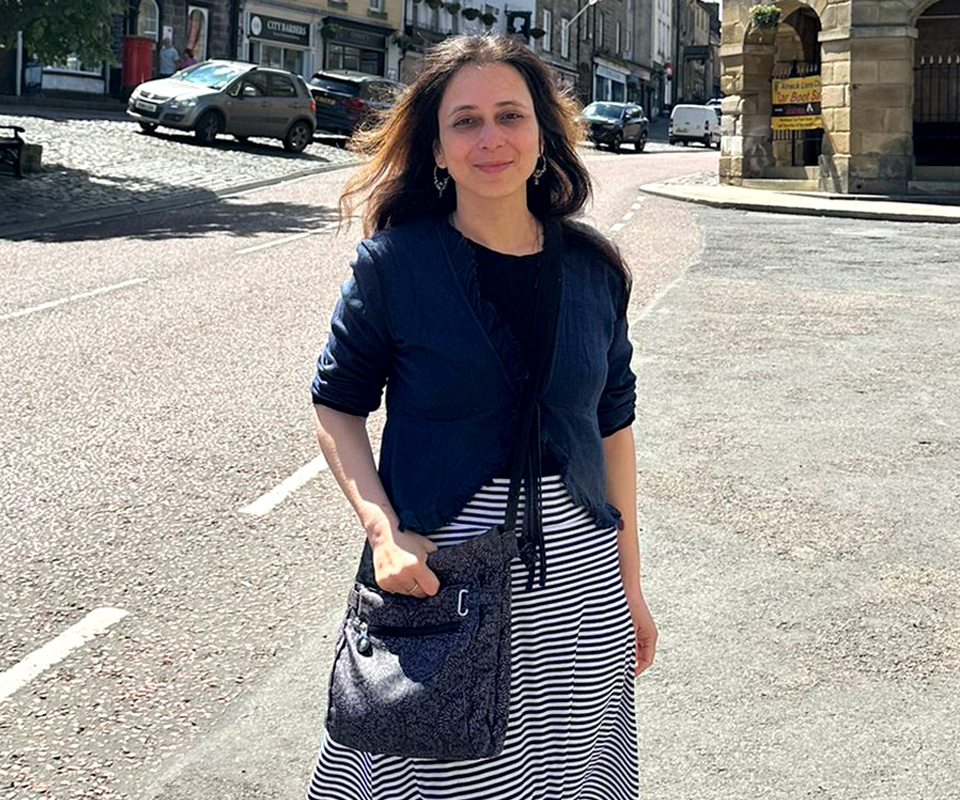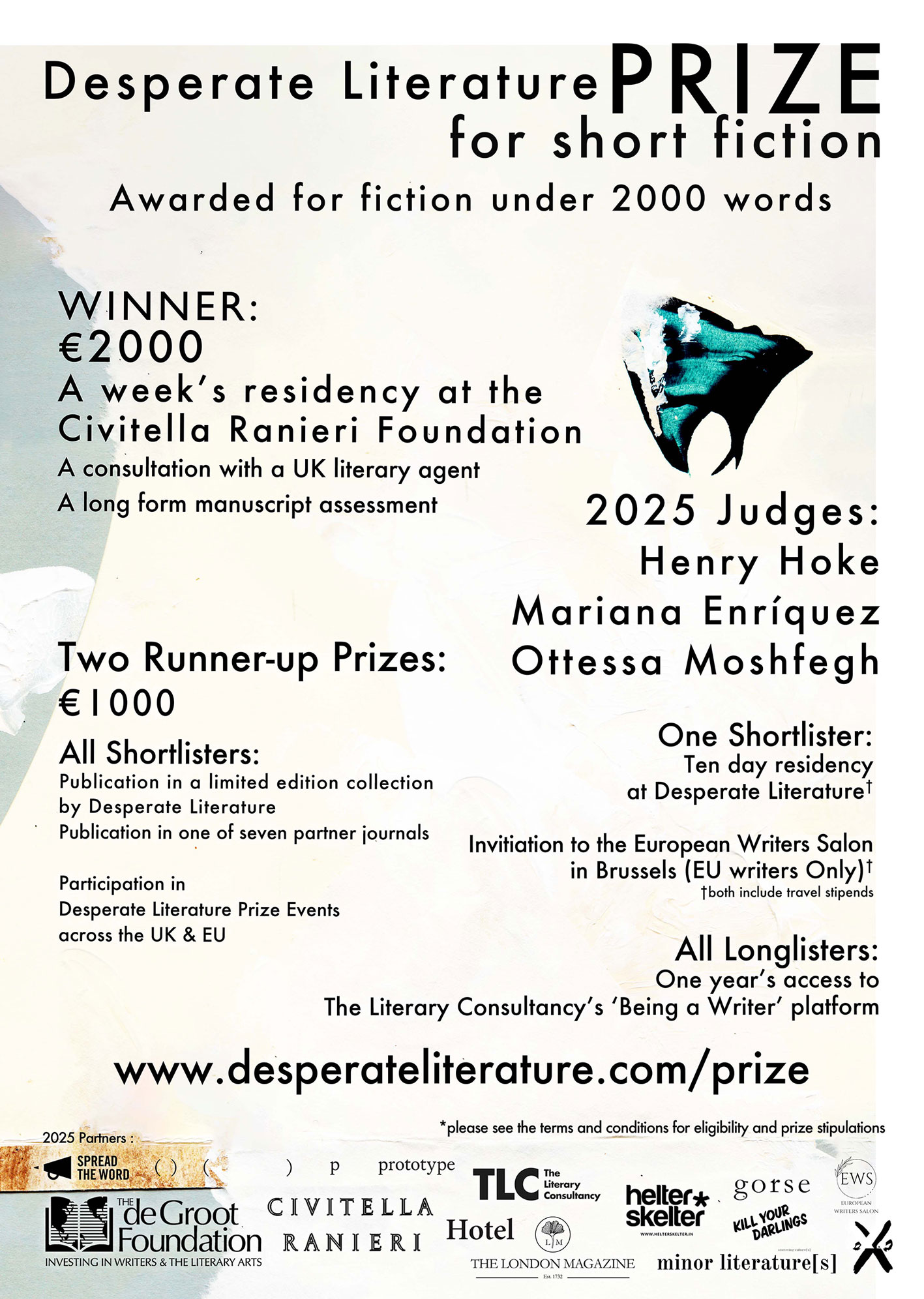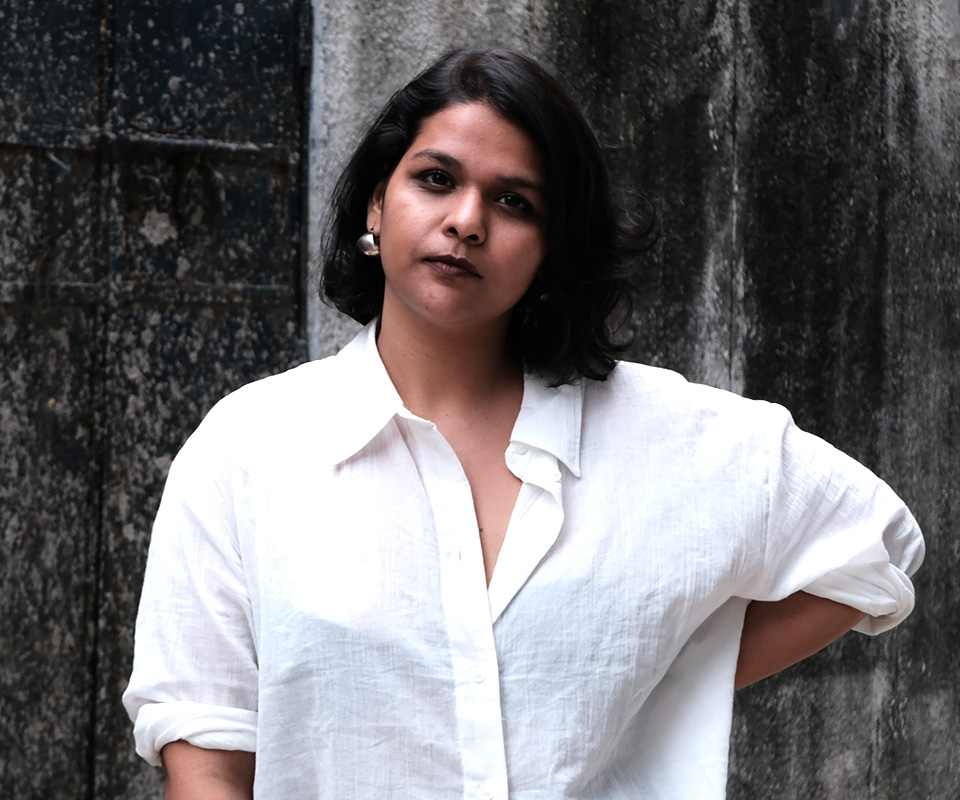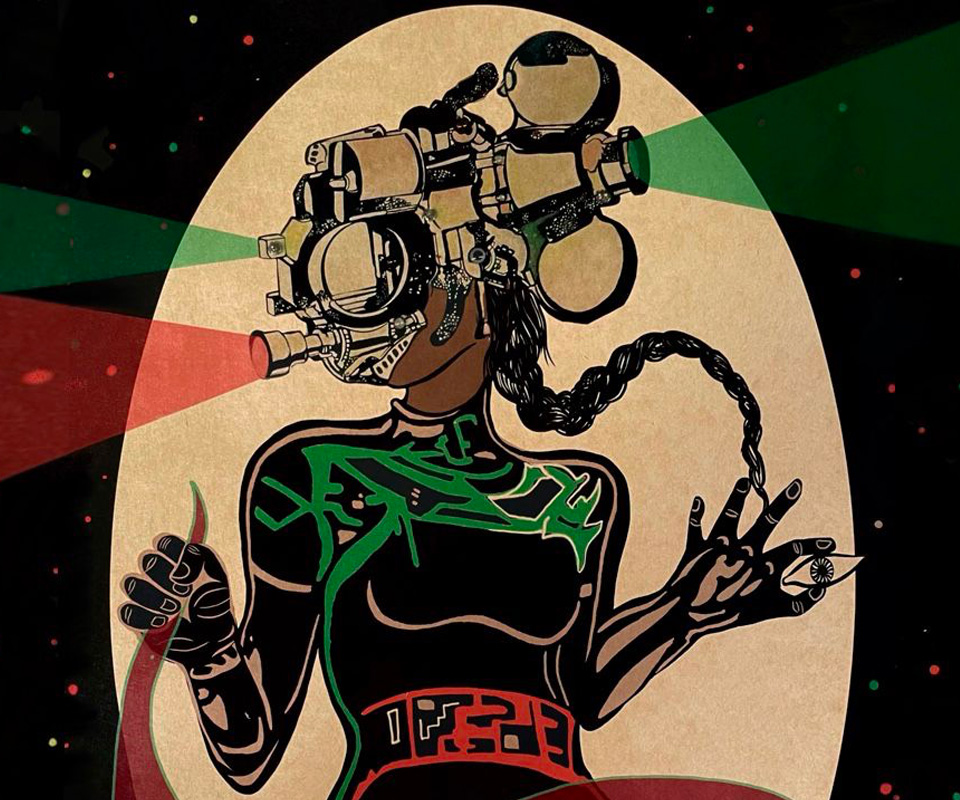The Myth of Normal
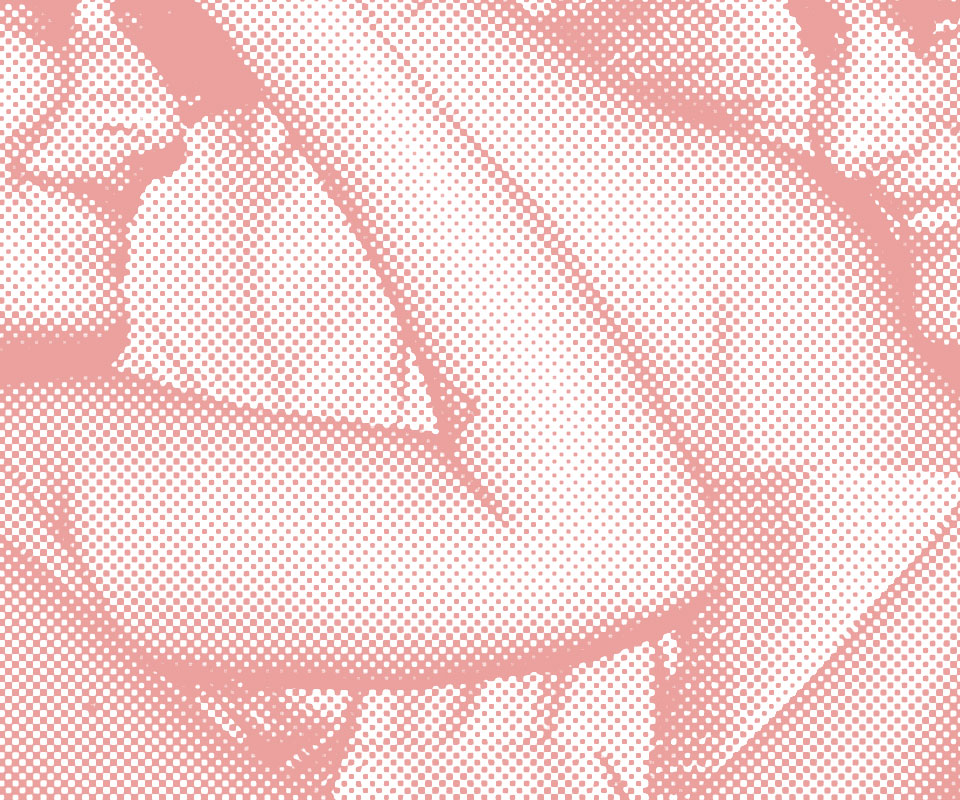
I remember I was eighteen when I was first confused about my sexuality. I was in Bengaluru for an internship; I didn’t know anybody in the city, and life had immediately felt weightless and limitless. Bengaluru in 2010 offered a certain freedom of movement, independence and self-expression that was hard to come by in Delhi’s notoriously unsafe and sexist public and private spaces. Bengaluru’s quiet, leafy suburbs provided access to more for cheaper---an attractive proposition for a student trying to be a writer and indulging in a sort of self-discovery. Nestled in my spacious one-room apartment that I’d rented on Brunton Cross Road, I decided that walking would be a good start to getting to know the city better. I walked up and down Church Street often. Once, I found myself at the mouth of a dive bar called The Tavern, with loud roars of laughter, muffled karaoke singing, and women with tattoos, short skirts, and loud octaves collecting in throngs outside---without any male chaperones. Fascinated, I spent my evening sipping beer alone at the bar. Soon, I fell in with a group of Bengaluru-born-and-bred girls a few years older than me. A yogi, an advertising creative, and a coder. They were funny, not shy about expressing their opinions, openly affectionate about touching and kissing each other on the streets and took me in like they would a stray pup. The fact that I wasn’t “very Delhi” added to what I assume was my juvenile charm. I found myself immediately drawn to one of the girls in the group, a bike-riding Tam-Brahm covered in tattoos, cracking jokes in her Kannadiga drawl. Let’s call her A. I was smitten. We met for a coffee date the next morning at a café nearby and at some point during the course of breakfast, I kissed her outside the washroom.
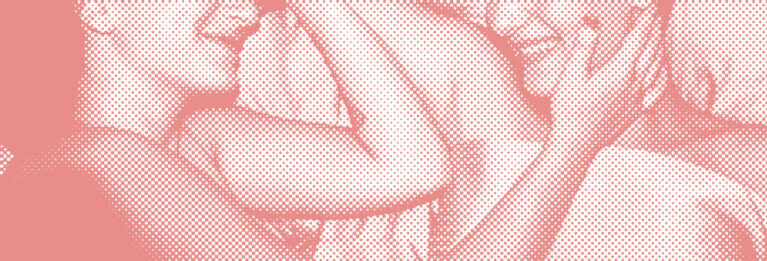 We spent the weekend arm in arm, obviously infatuated with one another, as she introduced me to the local beer and to a coterie of artistic, cool people bursting with energy and youth, and with a lack of inhibition about their identity or sexuality. I was deliriously happy and the first weekend passed in a haze of brazen kisses and sweet hand-holding. A friend from school came down to visit the same weekend and crashed with me in my apartment. While she slept in the hall, A and I took the bedroom. After A left the next morning and we sat down for a breakfast of steaming dosas and filter coffee, I noticed that my friend was reticent, churlish even. I coaxed her gently to share her thoughts with me. “So, what, you’re a lesbian now?” (adsbygoogle = window.adsbygoogle || []).push({}); I was a bit surprised, because being swept up in the attraction, I’d never paused to consider my sexual identity directly. Yes, I’d been attracted to only men up until then, but what I felt for A was so natural and authentic that I hadn’t really paused to consider gender. “No, not really,” I’d mumbled quite unconvincingly. I hastened to reassure her---I was very much straight, I’d dated only men so far and this was an anomaly. “You know it’s not normal, right?” my friend said with an air of finality, slurping her way through her coffee. Something shifted in A's and my relationship after that. Afraid of the general disapproval and swayed by a majority opinion, I ended things with A quite impulsively and cruelly and dated one of her male friends for the remainder of my internship. Today, we’re friends, as she found it in her heart to forgive me, but over the years, my attraction to women has bubbled in unexpected moments and then subsided, never amounting to anything more than a friendly flirtation. Sexuality may be experienced and expressed in a variety of ways, including thoughts, fantasies, desires, beliefs, attitudes, values, behaviors, practices, roles, and relationships. This manifests not only in biological and emotional ways, but also in sociocultural ways, which have to do with the effects of human society and culture on one’s sexuality. Human sexuality impacts, and is impacted by, cultural, political, legal, and philosophical aspects of life, and can interact with issues of morality, ethics, theology, spirituality, or religion. 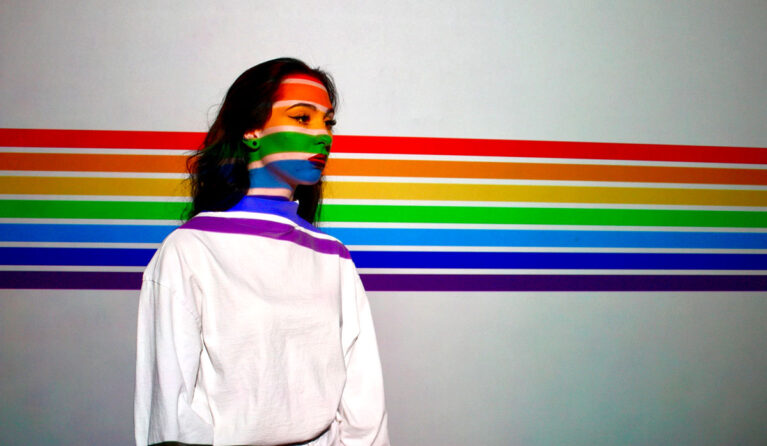
Nadia (named changed)
42, Los Angeles, U.S.A.
“I identify as bisexual/ queer [person]. For me, sexuality has to be linked to the mental realm for it to be fully functional. I find myself attracted to confidence, being challenged, being surprised, being in control and alpha without being a stereotype, if that makes any sense... someone who takes risks, someone who is well-traveled, speaks in multiple languages, someone I can learn from, humour, sarcasm, darkness, wit. Physically, I am usually drawn to older men and femme women although this is shifting and becoming more non-binary. Attraction based on ego or driven by insecurity, and attempts to control or own someone for the sake of ownership or control itself is something I consider unhealthy. "That being said, I do think I am drawn to a little more pain in relationships (physical and mental) than what seems to be normative. I also prefer when people are a little distant, but maybe that is actually about people having their own boundaries. I definitely don't want to be the centre of anyone's universe. I learnt about masturbation around the age of 11-13 and consent very recently---maybe in the last few years. I think learning about masturbation when I did is healthy and I think learning about consent is necessary although I'm not into the political correctness for the sake of political correctness that comes with the Gen Z/ Millennial generation. "These days everybody meets online so I have been on dating apps. I miss the days of meeting someone through a larger network and in real life so that there wasn’t a predetermined idea of who the person was. Things could grow more organically. Having a reference point made it safer. "I really love the idea of open relationships and polyamory but I feel it would be very hard to deal with in real life. I do think no single person can satisfy everything another person needs.”
Somya
25, New Delhi, India
“I identify as bisexual. I’m 25, so you’d think by now I’d know what I like, but I really don’t. I thought I liked extroverts, until I met someone who was quite reserved and I found myself extremely attracted to that person. I think being attracted to someone because of their social standing is unhealthy. Society is fucked up so I’ll be damned if it let it dictate what I like, especially as a bisexual woman. That way, I'd only end up dating straight men, and that’s boring! I get that we all want to fit in and so we seek partners that will help us do that, but that just means we are helping further enforce norms. “I’ve found myself very attracted to people that were considerably older than me. I personally think it’s strange for people to only date in their age bracket. There’s absolutely nothing stopping us from exploring relationships with people that are older/ younger as long as it’s consensual and loving. Unfortunately, I’ve had to limit my own experiences with older partners because I caved into societal pressures. 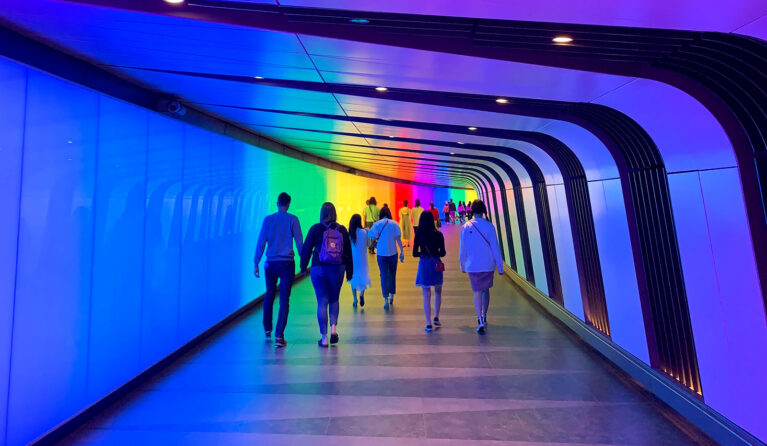
Nikki
39, Bengaluru, India
“I hate labels. However, I will say I’ve been with more women than men. I will fuck a man, but make love to a woman---so whatever that orientation is. I find intelligence, a sense of humour, and sex appeal attractive. Any attraction which hijacks one’s hormones only is unhealthy attraction. Polite society deem people who’re comfortable in their skins as 'weird'. I’m generally not embarrassed about anything I find attractive. "Consent is non-negotiable for me, even if it’s the same gender. Some people think it’s okay to come on to people of the same gender. For example, somebody straight thinks it’s okay to come on to somebody who’s gay if they’re the same gender, but that isn’t okay. "I’m not really on dating apps. I am old fashioned---get drunk at a bar and take someone home. Pre-Corona, of course. Now, I shall leave it up to the universe to make things happen.”
Mansi (name changed)
24, Mumbai, India
“I prefer not to identify, but if I had to, I’d say I’m queer or simply: not heterosexual. A person’s genitalia or even their gender doesn’t determine my attraction to them. What I consider sexually attractive has changed with time. I used to be much less critical of various norms of gender and sexuality and found attractive what other people found attractive or what I thought I should find attractive. Now, with experience in the field of gender and sexuality, I’m certainly not attracted to the same things anymore. For example, I find androgynous bodies fascinating. I wouldn’t have thought like this back in school because I was still thinking in very binary terms. What I find attractive is constantly under revision. "I think unhealthy desire is a complicated topic. What one considers an unhealthy desire is often a product of various social and legal norms and biases. For example, there are people today who still think of homosexuality as unhealthy. I’m wary of having law or society, which are always in a dance together, determine what I consider healthy or unhealthy attraction. This is not to say that rape or bestiality or pedophilia should not be legislated against. There are also very complex reasons why people feel those unhealthy desires and quite often, that’s because they’re forbidden and sometimes, precisely because they violate another person’s sovereignty. "I’m polyamorous. I don’t know if I would identify as polyamorous as much as I do identify with the practice of polyamory. I do think identity and identification are not the same thing. I believe in being in ethical relationships; they don’t necessarily have to be formalised. I think in a society that has valorised compulsory monogamy to the extent that ours has, possessiveness and jealousy are what people consider signs of true love. I’m much more attracted to a partnership that’s deeply rooted in an openness to experience, which takes the form of being with multiple people.
"I stumbled across masturbation completely by accident. That being said, I don’t think self-pleasure needs to be centred on one’s genitals."
"I stumbled across masturbation completely by accident. That being said, I don’t think self-pleasure needs to be centred on one’s genitals. I wonder if our sense of consent has more to do with our sense of body sovereignty and if somebody breached that, how would that make somebody feel? And, then that translates into one’s practice of consent into somebody else’s. As a woman, having to reckon with the idea that my body isn’t mine precedes the formal language of consent. "Technology has definitely had a profound influence on my sex life. It’s become a way for me to preserve various forms of intimacy. I do find dating apps quite reductive, since they present a very small aspect of a person’s being, if even that, and that’s made to stand for a whole when presented to somebody. They also bring out the worst of our biases. When I used dating apps in London, it took me a while to register a racial bias that I didn’t think I had. One day, I was swiping on Tinder and I was baffled by the fact that I had primarily white men showing up on my feed. The algorithm was giving me more of what I was already leaning towards. If I’m on an app here, I might look out for somebody within my class purview---somebody from a certain elite school or speaking a certain kind of English. It becomes hard to avoid the trappings of one’s own social capital. Although, that being said, the same might happen in real life too. What works for me best is what emerges naturally."
The most unsettling thing for a human being to do is to deviate from the norm or what society’s expectations dictate. Existing as an ‘outsider’ comes with the risk of decreased equitable access to opportunities and social capital, and yet, there are people who aren’t afraid of questioning the larger status quo and defining their own idea of what’s normal, irrespective of the attendant confusion and backlash. I look back at my time with A and I wonder how different things would be if I’d allowed myself the courage to accept my attraction to another woman as normal, as conventional, and as accepted as the various heterosexual relationships I grew up seeing all around me.
